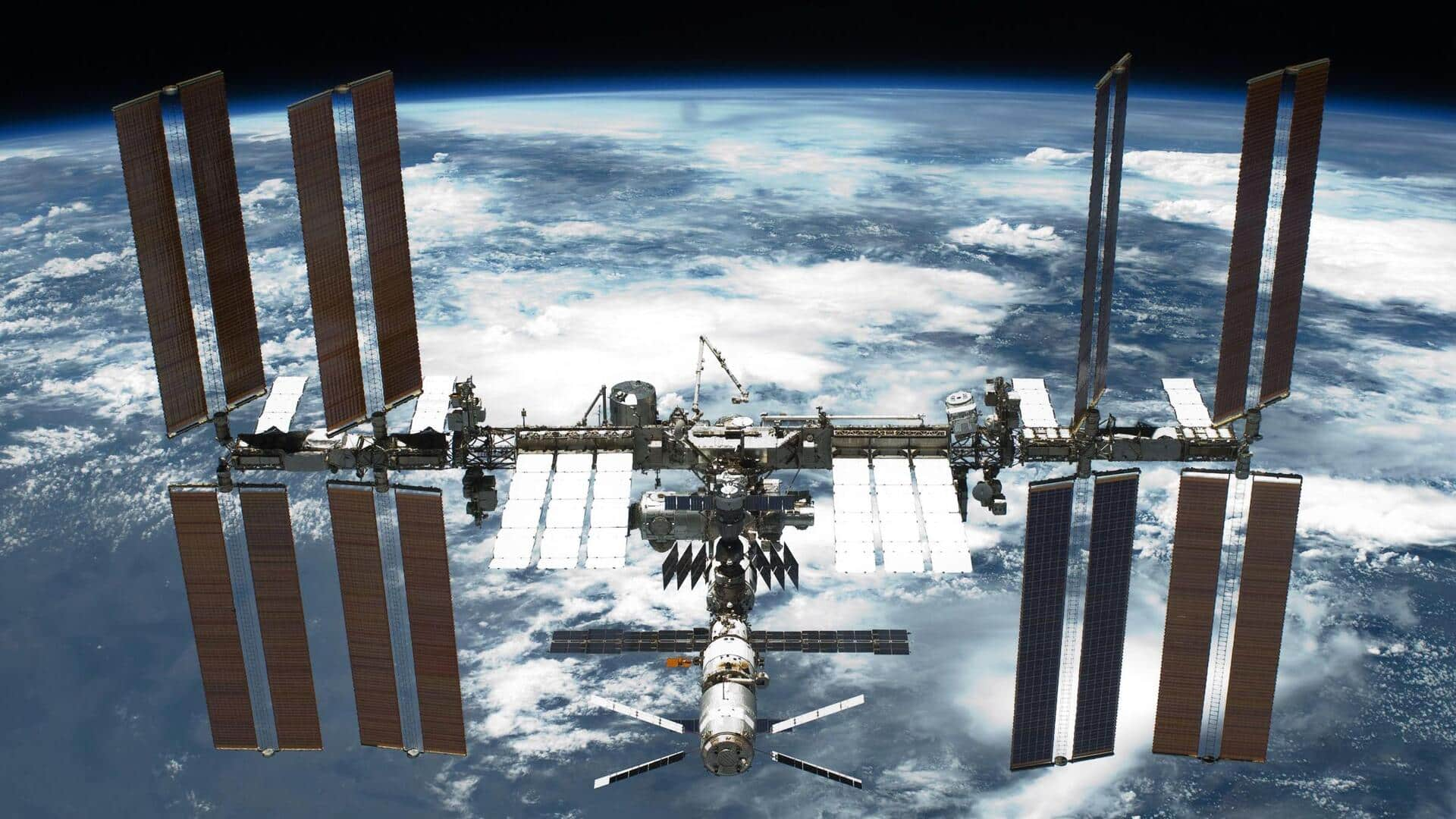
ISS to retire in 2030: What comes next in orbit?
What's the story
The International Space Station (ISS), a symbol of global cooperation and scientific progress, will meet its fiery end in Earth's atmosphere in 2030. The orbiting laboratory has been a hub for astronauts and cosmonauts since November 2000, serving as a home, workplace, and shared dream for people around the world. However, as we approach its deorbiting phase, questions arise about what it has accomplished and what its absence will mean for future space exploration.
Divergent views
ISS's legacy will depend on who you ask
The ISS has been viewed differently by different people. Some see it as a symbol of progress and partnership in space, while others view it as an expensive ambition that never quite lived up to its promise. Paola Castano-Rodriguez, a sociologist at the University of Exeter, argues that opinions about the ISS depend on who defines "we." She also notes that while enthusiasts celebrate it, many see it as an extravagant investment.
Cost-benefit analysis
Is the ISS worth its $150 billion price tag?
The ISS has cost an estimated $150 billion to build and operate, with NASA spending $3 billion annually on its upkeep. However, critics have questioned whether the scientific output justifies this expense. Early promises suggested that research on the station could lead to cancer cures or dark matter discoveries. But in reality, most of the station's scientific achievements have been incremental rather than revolutionary, resulting in over 4,400 research papers from more than 4,000 experiments conducted in orbit.
Future plans
NASA's plans for commercial space stations
NASA plans to replace the ISS with commercial space stations in partnership with Axiom Space, Blue Origin, and Starlab Space. These new stations will carry forward much of the expertise developed through the ISS program. However, there are concerns about whether they will continue the open and collaborative spirit of their predecessor. Castano-Rodriguez warns that commercialization could lead to a loss of transparency and limit access to data from experiments conducted on these future stations.
Legacy
The ISS's greatest legacy may be its unifying power
The ISS was born in the 1990s after decades of Cold War rivalry, symbolizing a rare period of trust between former adversaries. It was where astronauts and cosmonauts who had once trained as military opponents learned to work side-by-side. Even today, amid rising global tensions due to Russia's invasion of Ukraine, that cooperation has endured on ISS. Castano-Rodriguez believes this shared experience may be ISS's greatest legacy, a social and scientific experiment in how humanity can work together beyond Earth.